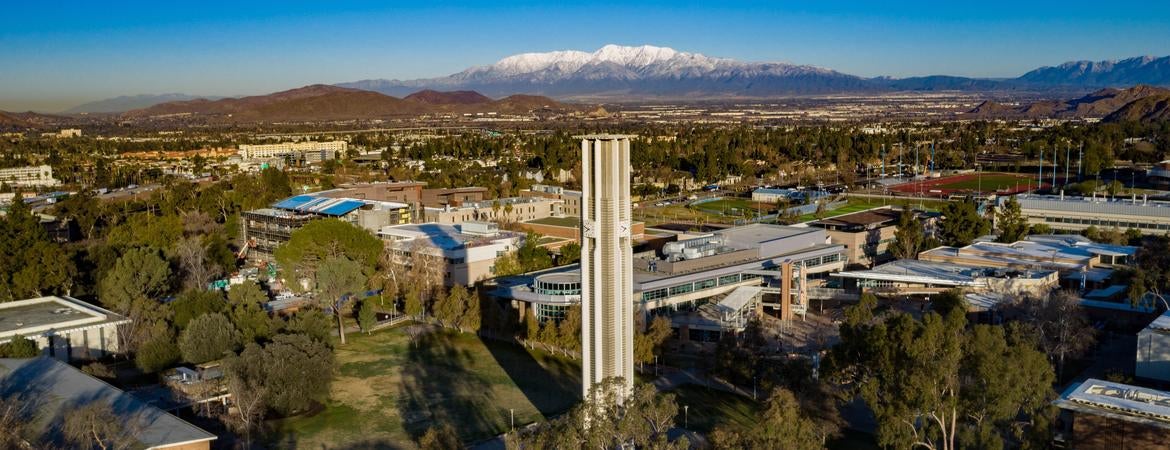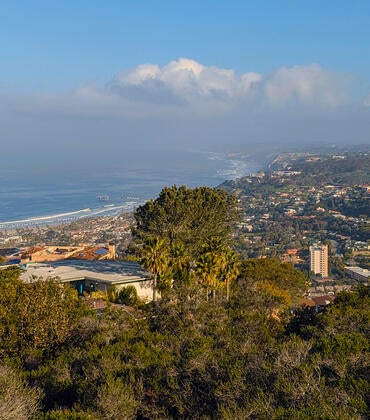
Since its establishment, UC Riverside’s OASIS initiative (now branded SoCal OASIS™) has been developing public-private partnerships to drive economic growth in the Inland Empire region. OASIS, which stands for “Opportunities to Advance Sustainability, Innovation, and Social Inclusion,” is an initiative led by UCR’s Office of Research and Economic Development, or RED, designed to leverage the university’s expertise in greenhouse gas emissions, air quality, clean energy, agriculture, and natural resources management, among other areas. Part of the efforts include work with the public and private sector to contribute to the economic development of Inland Southern California.
Those efforts are paying off, with a recent announcement that the City Council unanimously approved an agreement with the New Zealand company Ohmio, an all-electric autonomous shuttle company, to establish its international headquarters in Riverside and manufacture the vehicles here.
The city will spend as much as $2.5 million to bring Ohmio to Riverside, which includes about $1.5 million to lease or purchase three autonomous shuttles for testing on Riverside streets during a two-year pilot program. Ohmio plans to establish an advanced manufacturing facility in Riverside, with the first locally produced vehicles available next year.
The company became interested in Inland Southern California for its U.S. expansion following a presentation by Rodolfo Torres, vice chancellor for research and economic development, at SelectUSA, an event organized by the U.S. Department of Commerce to attract foreign companies to the country. He was joined by Rosibel Ochoa, associate vice chancellor for technology partnerships, and Kathy Eiler, director of federal relations.
UCR’s presence at the event provided the opportunity for engagement with many companies, resulting in five international tech companies expressing an interest in building a presence in Inland Southern California. UCR RED then facilitated talks with local government agencies, advocating for the benefits such companies can bring to the region.
This month, it was announced that another of these companies, Starz Electronics, a Tunisian company specializing in electrical and electronics manufacturing, is opening its first U.S. location in Temecula. The company will be located in the Temecula Valley Entrepreneurs Exchange (TVE2) while they establish a manufacturing facility for lithium-ion batteries.
Starz Electronics’ Founder and CEO Ali Belakhoua said the company was drawn to California because of the state’s efforts to curb climate change. The new facility plans to recruit 60 employees in their first year. In addition to their manufacturing presence, the company is looking to establish R&D partnerships UCR.
Torres said partners in the effort include the county of Riverside, California Governor’s Office of Business & Economic Development, and the Economic Development Coalition, a non-profit organization that works with the public and private sectors throughout Southern California to leverage the region’s competitive advantage.
“The arrival of these companies in Inland Southern California is a testament to the collective efforts UCR, other institutions of higher education, government entities, the private sector, community organizations, and additional stakeholders in the region are conducting together to promote economic development and improve the quality of life for our community,” Torres said.



